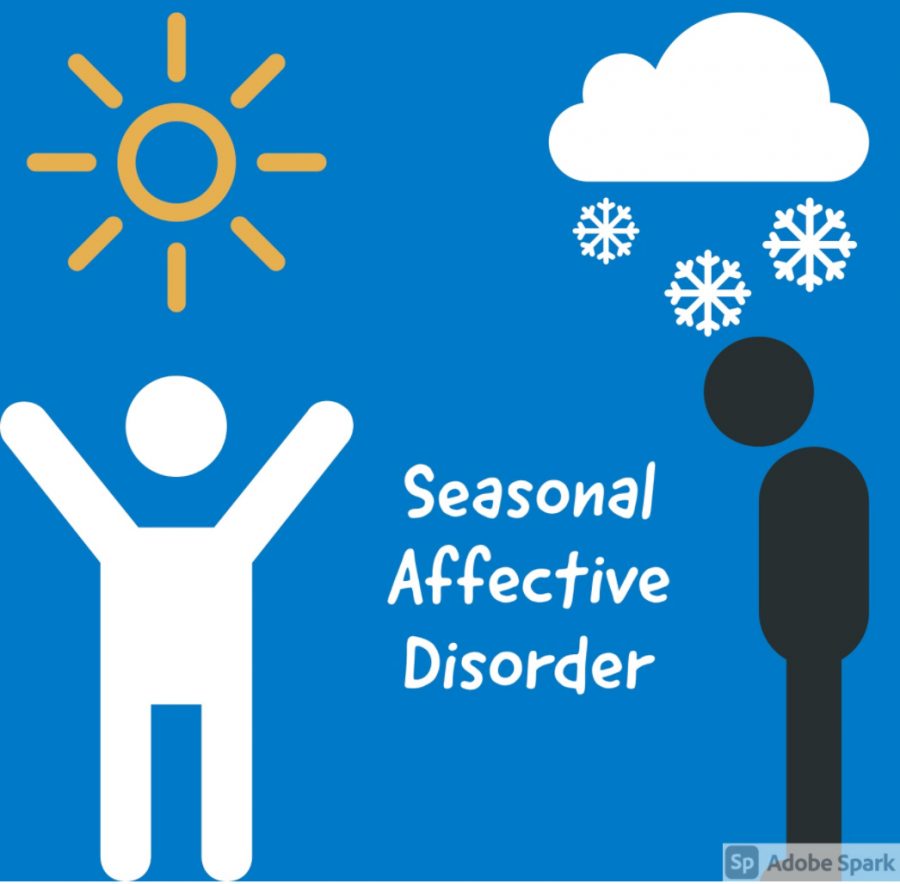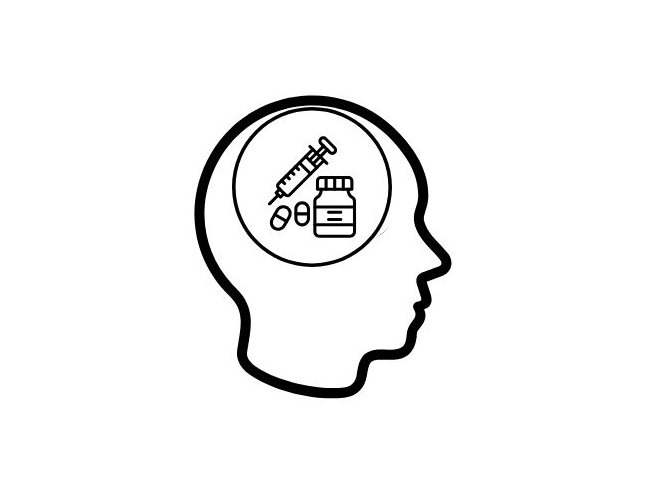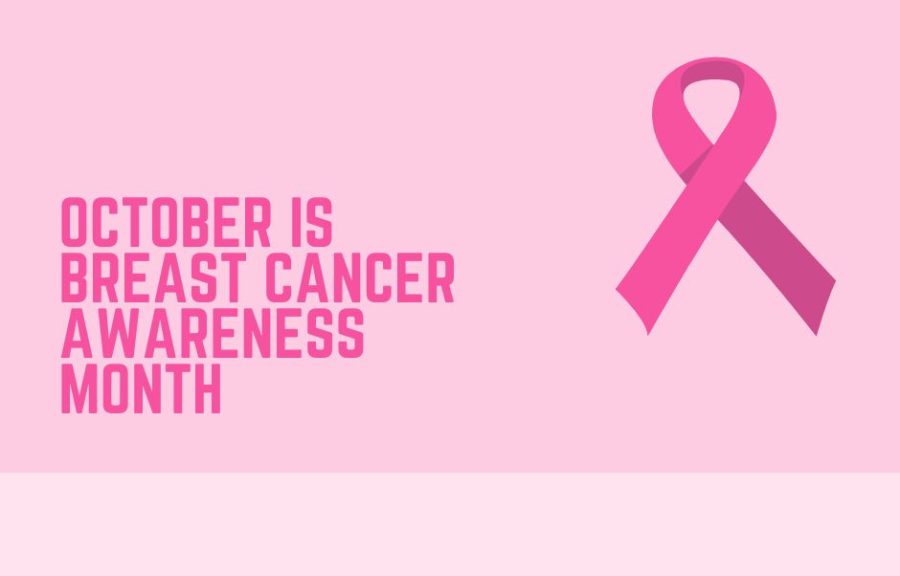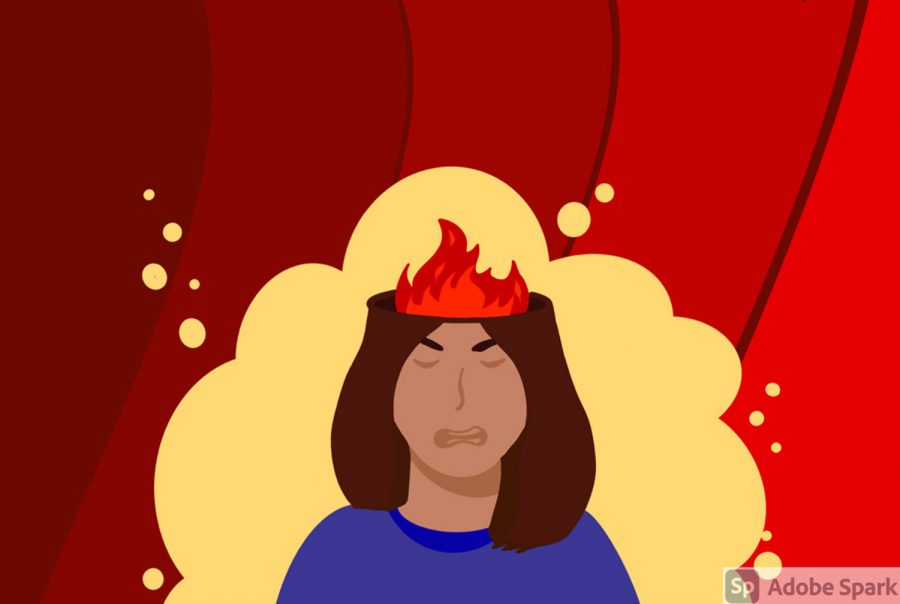According to Mayo Clinic, Seasonal Affective Disorder (SAD) or known as the “Winter Blues”, is a type of depression that is related to changes in the seasons. It happens around the same time each year; the end of fall throughout winter can create a dreadingly cold experience for some.
Days get shorter, darker and colder. The amount of reduced sunlight (or lack of vitamin D) around the fall and winter season is a main aspect of SAD. Vitamin D in sunlight causes serotonin, a chemical produced in the brain which affects one’s happiness. For many, this can trigger depression and anxiety.
“My mood in the winter is very tired,” sophomore Brant Becker said. “[I’m] unhappy and unmotivated to do much.”
The symptoms of SAD are very similar to depression as one may discover: over sleeping, changes in appetite, craving food that are high in carbohydrates, weight gains, tiredness and low energy.
Hence the winter days get darker sooner and longer in the mornings, melatonin levels gain a higher production in the human brain. People tend to get very sleepy and tired quickly in the winter season, as it is a symptom of SAD.
“I find it hard to wake up to little to no sunlight in the mornings,” Becker said.
According to Mayo Clinic, SAD is more often found in women than men, as well as having a blood relative with SAD or who suffers from a type of depression.
“Warm weather just makes me happier in general,” freshman Jasmine Fisher said.
Having ups and downs is a part of life, although if feeling continuously experiencing unmotivation to do the things you are passionate for, big change in sleeping patterns and appetite changes that can cause harm to the body, along with feeling hopelessness and suicidal, see a doctor or local health care provider to receive help.




















